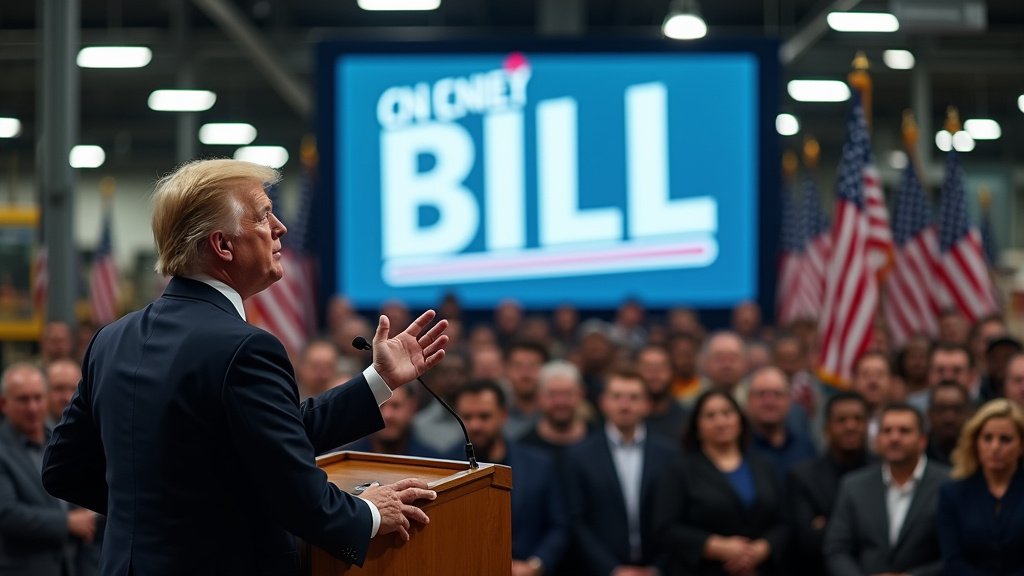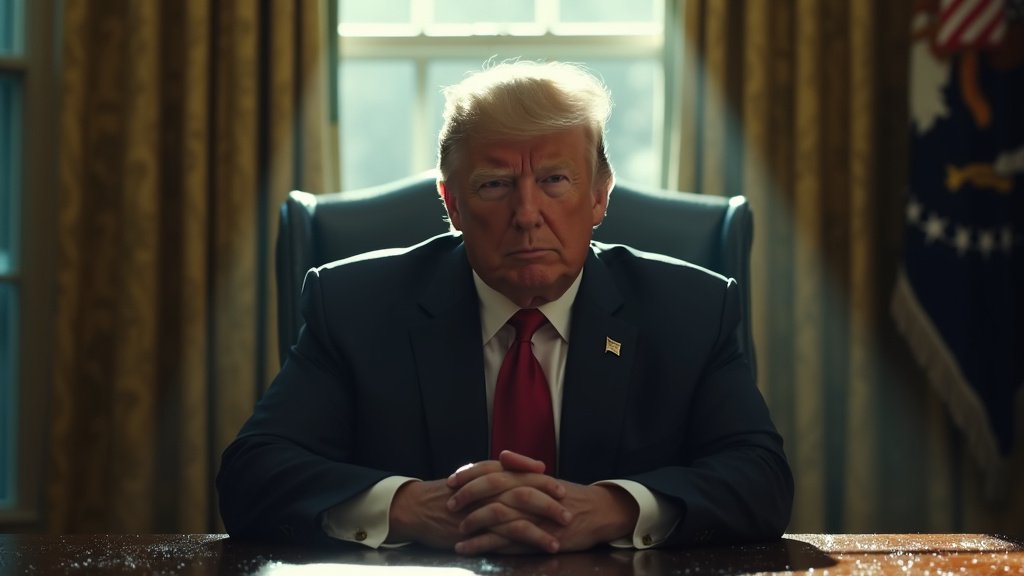President Donald Trump concluded his first major international trip of his second term, a intensive four-day tour spanning from May 13 to May 16, 2025. The itinerary included stops in key Gulf nations: Saudi Arabia, Qatar, and the United Arab Emirates.
Economic Diplomacy Takes Center Stage
Accompanied by a substantial Republican delegation and several prominent business chief executives, the President’s trip placed a significant emphasis on economic objectives. A primary aim was the securing of substantial business deals and direct investments into the United States. President Trump himself asserted that the potential value of these commitments could reach as high as $4 trillion. Among the notable figures joining the President was Elon Musk, identified as a senior advisor, underscoring the administration’s focus on leveraging private sector influence in international relations.
Geopolitical Objectives: Focus on Syria
Beyond economic pursuits, the tour also harbored key geopolitical goals. A central objective articulated by the administration was the lifting of sanctions on the transitional government of Syria. This policy aim signals a potential shift in the United States’ approach to the ongoing complex political landscape within Syria, following years of international pressure and restrictions.
Notable Engagements and Absences
While the official tour itinerary notably excluded Israel, a significant development occurred peripheral to the main stops. Steve Witkoff, serving as the President’s Middle East envoy, engaged in a crucial meeting with Edan Alexander. Alexander, an American citizen who had been held hostage, was released just the day prior, on May 12, 2025. His release was reportedly part of a broader agreement reached between the United States and Hamas, highlighting the intricate and often separate tracks of regional diplomacy.
Context and Reception
The tour, marking the President’s inaugural major overseas journey since the commencement of his second term, was characterized by reports of lavish receptions hosted by the Gulf nations. These grand welcomes are customary in regional diplomatic engagements and often serve to underscore the importance placed on high-level visits. The composition of the delegation, including both political figures and business leaders like Elon Musk, reflected a strategy aimed at intertwining diplomatic efforts with economic opportunities, seeking tangible returns in the form of investment and trade.
Looking Ahead
The conclusion of this Middle East tour sets the stage for potential follow-up actions regarding the ambitious investment targets and the stated objective concerning Syrian sanctions. While the full impact of the trip’s discussions and agreements remains to be seen, the engagement with key regional players and the focus on both economic growth and specific geopolitical challenges like Syria and hostage situations underscore the administration’s priorities at the outset of President Trump’s second term.












